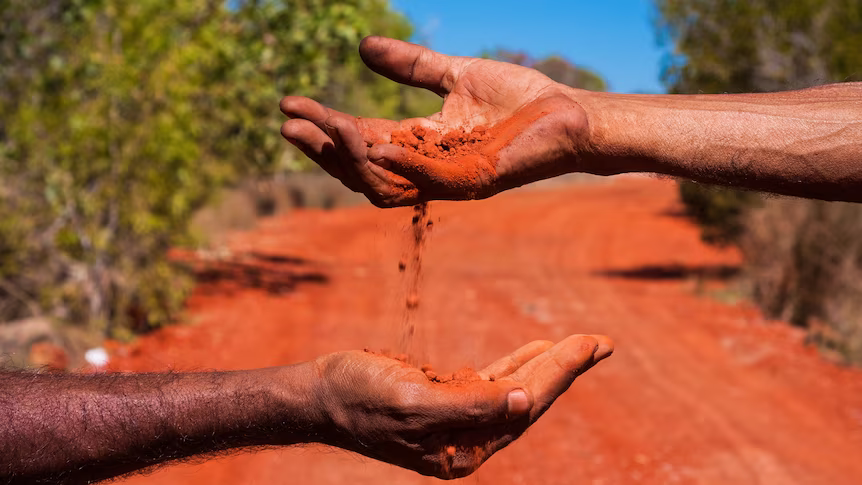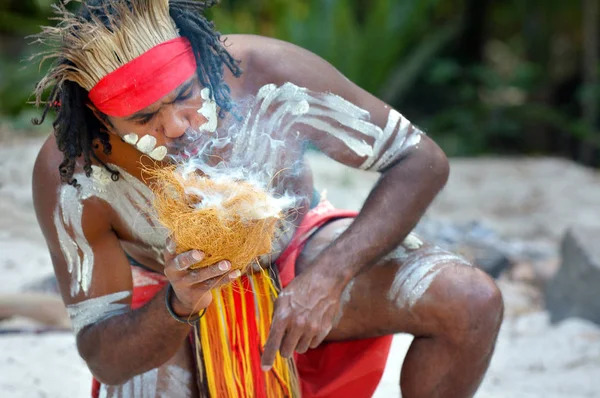Cultural Safety in Aged Care Definition
Cultural safety in aged care for older Aboriginal and Torres Strait Islander people, is understanding one’s own culture and the impact that your culture, thinking, and actions may have on the culture of others through ongoing critical self-reflection. Gaining such truthful insight about oneself is critical for ensuring access to a culturally safe, respectful, responsive and racism free aged care system providing for the optimal safety, autonomy, dignity, and absolute wellbeing of Aboriginal and/or Torres Strait Islander Elders and older people, and their families. Only the Aboriginal and/or Torres Strait Islander person who is the recipient of a service or interaction can determine whether it is culturally safe.
Aged care service providers and workers must take responsibility for building trust and relationships with Aboriginal and/or Torres Strait Islander service users, and their families, and for creating a new aged care system which centres on their living experience, cultural, and ageing needs, as determined by Aboriginal and/or Torres Strait Islander service users themselves. The implementation of a trauma aware, healing informed approach to professional practice, and facilitating a greater understanding and respect for individual and collective cultures, histories, knowledges, traditions, stories, and values of Aboriginal and/or Torres Strait Islander service users, and their families, will greatly support the delivery of a quality and culturally safe aged care system. Aged care service providers must also firmly commit to continuously measure and improve structures and behaviours necessary for cultural safety and quality support to remain embedded in the Australian aged care system.

The Department of Health and Aged Care Funded "Cultural Safety" Definition Project
The Department of Health and Aged Care engaged NATSIAACC in 2023, to develop a definition for "cultural safety" for older Aboriginal and Torres Strait Islander people. This project came from the observation from the Royal Commission into Aged Care Quality and Safety.
NATSIAACC engaged Dr Elizabeth McEntyre to assist with consulting with Aboriginal and Torres Strait Islander Elders and older people, and to develop the definition in aged care, informed by the consultations. The definition was to also incorporate the needs of those who have experienced trauma, by setting expectations for a trauma aware and healing informed approach.
We also engaged The Healing Foundation to provide a discussion paper outlining the approach, impacts, and resources available to support Stolen Generation survivors. Consultations were held on 3 and 4 May 2023 at the Elders Olympics that were held at Worimi Country, Port Stephens. More than four hundred elders were in attendance. We presented a draft of the definition at multiple conferences including the Victorian Aboriginal Elders Summit (October 2023), IAHA Conference (November 2023), and the National Aboriginal and Torres Strait Islander Flexible Aged Care Provider Forum (March 2024).
From here, we have finalised the definition and continuously recommend its inclusion in the new Aged Care Act. We have informed the Interim First Nations Aged Care Commissioner and the Inspector-General of Aged Care to ensure consistency and implementation of culturally safe models of care and training practices across the sector. NATSIAACC continues to work collaboratively with the Aged Care Quality and Safety Commission to include the definition in all the Commission's documentation and strategies relating to Aboriginal and Torres Strait Islander peoples in the Aged Care Sector.

